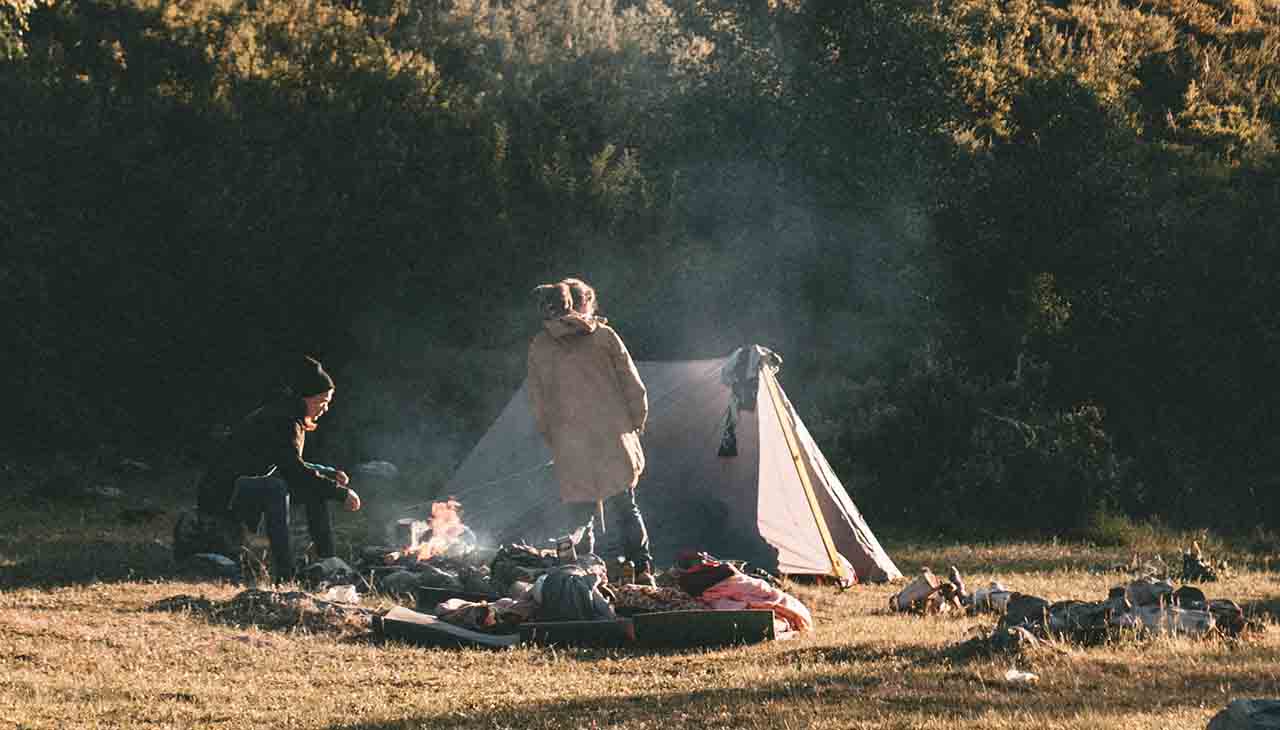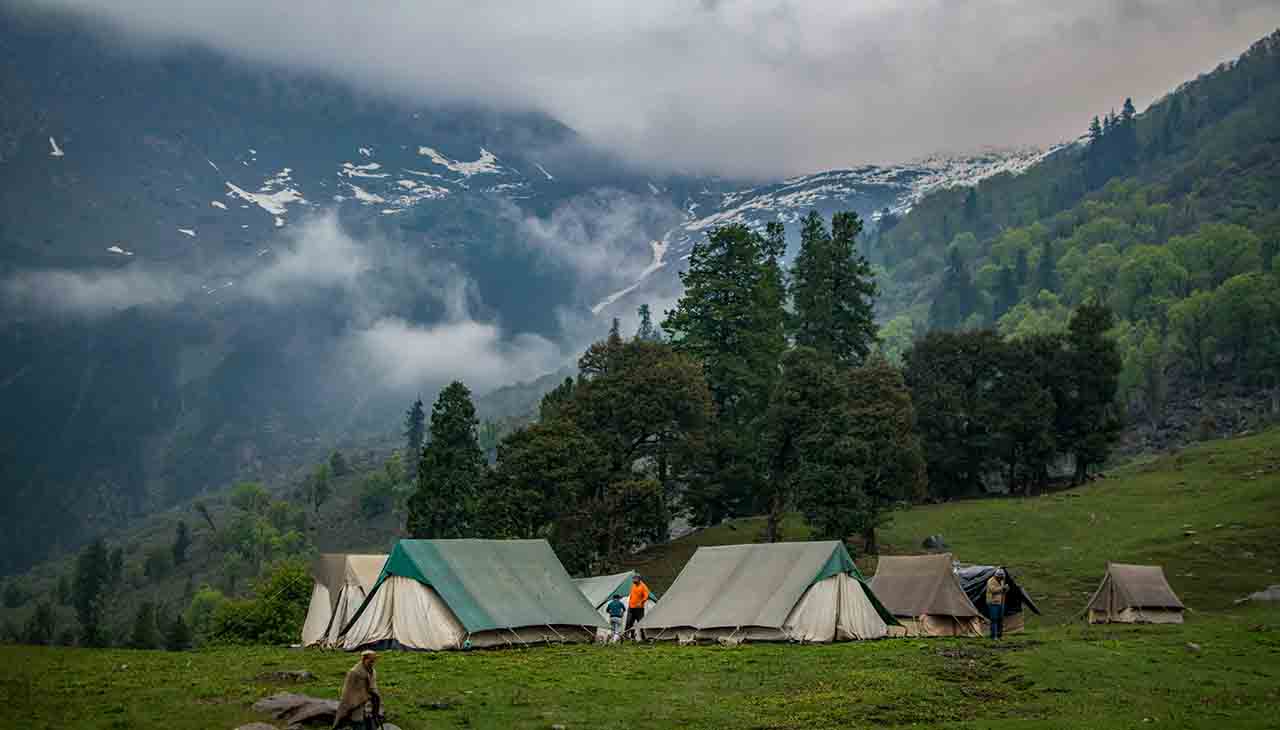Camping is a great way to get outside and explore nature. But before you head out for your adventure, you need to make sure you have all the essential items with you. This camping gear list will help you pack everything from food and water to shelter, clothing, first aid supplies and more.
Essential Camping Gear
When it comes to camping, having the right gear is essential for a safe and enjoyable trip. Here is a list of essential camping gear that you should consider packing:
- Shelter:
- Tent: Choose a tent that is suitable for your group size and weather conditions.
- Sleeping bags: Make sure to have warm and comfortable sleeping bags.
- Camping mattress or sleeping pad: Provide insulation and cushioning for a good night’s sleep.
- Cooking Equipment:
- Camp stove or portable grill: Prepare meals easily with a reliable cooking source.
- Cooking utensils: Bring pots, pans, and utensils for cooking and eating.
- Cooler or ice chest: Keep your food and drinks fresh and chilled.
- Lighting:
- Lantern or flashlight: Provide illumination in the campsite during nighttime.
- Headlamp: Keep your hands free while navigating in the dark.
- Clothing and Footwear:
- Layered clothing for different weather conditions: Pack clothing that can be easily layered for warmth or cooling.
- Hiking boots or sturdy shoes: Choose footwear that provides comfort and stability on different terrains.
- Rain gear: Be prepared for unexpected weather changes with waterproof jackets and pants.
- Personal Hygiene:
- Biodegradable soap and toiletries: Use environmentally friendly products for washing up.
- Towels and washcloths: Pack lightweight and quick-drying towels for personal hygiene.
- Toilet paper and hand sanitizer: Ensure proper sanitation while camping.
- First Aid Kit:
- Bandages, gauze, and adhesive tape: Treat minor injuries and wounds.
- Antiseptic ointment and pain relievers: Provide relief for common ailments.
- Tweezers and scissors: Useful for removing splinters or cutting bandages.
- Navigation Tools:
- Compass: Help navigate and orient yourself in the outdoors.
- Map of the area: Have a detailed map of the camping location.
- GPS device or smartphone with navigation app: Use technology to assist with navigation.
Remember to pack according to the specific needs of your camping trip. Additionally, consider bringing optional gear such as campfire supplies, outdoor recreation equipment, and entertainment items to enhance your camping experience. Prioritize safety by following campsite selection guidelines, practicing wildlife safety precautions, and adhering to fire safety guidelines. Lastly, don’t forget to leave-no-trace and respect the environment during your camping adventure.
Optional Camping Gear
While the essential camping gear ensures your safety and comfort, the optional camping gear enhances your overall outdoor experience. These items, though not necessarily required, can add an extra layer of enjoyment and convenience to your camping adventure:
1.Campfire Equipment:
- Firewood or fire starters: Bring along if you plan to have a campfire, ensuring it’s permitted in your camping area.
- Marshmallow roasting sticks: A must for a classic camping treat – s’mores!
- Portable fire pit: If your campsite doesn’t have a fire pit, a portable one can serve the purpose.
2. Outdoor Recreation Equipment:
- Fishing gear: If you’re camping near a lake or river, fishing can be a great way to pass the time.
- Hiking gear: Equip yourself with trekking poles, binoculars, or field guides for a memorable hiking experience.
- Bicycles: Exploring nature trails on a bike can be both fun and invigorating.
3. Entertainment:
- Portable speakers: Enjoy your favorite music in the great outdoors.
- Board games or card games: Keep the fun going in the evenings or during downtime.
- Books or e-readers: There’s no better place to unwind with a good book than in the tranquillity of nature.
4. Comfort Add-ons:
- Camping chairs or hammocks: Add comfort to your campsite seating.
- Travel pillows: They can make your sleeping arrangement even more comfortable.
- Portable shower: If you’ll be camping for several days, a portable shower can be handy.
Remember, these are optional items and should be packed based on your personal preferences, space availability, and the nature of your camping trip. Always aim for a balance between comfort and convenience when deciding what additional gear to bring.
Safety Tips for Camping
Camping is an exciting adventure, but it can also pose certain risks if you’re not properly prepared. Here are some safety tips to ensure a secure and enjoyable camping experience:
- Pack a First-Aid Kit: A well-stocked first-aid kit is a camping essential. It should include bandages, antiseptic wipes, tweezers, medical tape, and pain relievers.
- Check Weather Reports: Always check the weather forecast before you head out. Prepare for the conditions you’ll face and have a plan of action for bad weather.
- Inform Others Of Your Plans: Let someone know where you’re going and when you plan to return. This can be a lifesaver if you experience any emergencies.
- Stay Hydrated: Pack plenty of water to avoid dehydration. Never rely on natural water sources as they may not be safe to drink.
- Fire Safety: Only start fires in designated areas and always fully extinguish your fire before leaving your campsite or going to sleep.
- Wildlife Safety: Keep a safe distance from wild animals. Never feed wildlife and store your food securely to avoid attracting them to your campsite.
- Leave No Trace: Respect nature by keeping your campsite clean, disposing of trash properly, and leaving the campsite as you found it.
Remember, safety should be your top priority when camping. By following these guidelines, you’ll ensure that your camping trip is a safe and memorable experience.

